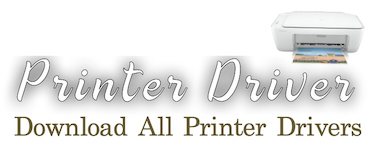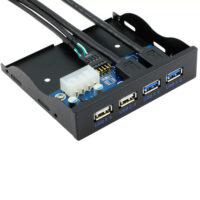USB Drivers 3.0 is a program that is meant to be used when you want to use a new USB device on your computer. You can do this by downloading the driver to your computer, installing it, and then using it.
There are many options on the Internet that you can choose from when you want to install a driver. It’s important to understand that each driver is a different type, so make sure you find one that works best with your computer.
ODBC Driver for Mac OS X:
An ODBC driver is a software package used to connect Mac OS X applications to a database server. These drivers are specially configured for a data store. They support all network protocols and allow access to SQL databases.
There are two major types of ODBC drivers available for Mac OS X. The first is unixODBC, which is free and widely supported. It can be downloaded in a standard package format. Several scripting languages also support unixODBC.
Another type of driver is the OpenLink ODBC driver. This driver is designed to work with Single Tier and Multi-Tier parameters. You can download a 30-day trial version from the driver listing page.
ODBC is an acronym for ODBC API (Application Programming Interface). This API enables applications to query a data store. Applications make ODBC API calls to a driver manager.
When the driver manager receives the call, it responds by loading the driver. Once the application completes the request, the driver manager terminates the connection.
A driver manager is a component that manages communications between the applications and ODBC drivers. This component handles the loading and unloading of associated ODBC drivers.
Several ODBC-compliant applications are available on Mac OS X. Some applications, such as Filemaker 6, use the ODBC Configure administrator. Others, such as iODBC, have their own GUI.
Intel(r) USB 3.0 eXtensible Host Controller Driver:
The Intel USB 3.0 eXtensible Host Controller Driver is a driver that installs the device driver for the Intel USB 3.0 eXtensible host controller.
This interface is a type of computer interface specification, which specifies a register-level description of the host controller for USB. It is capable of interfacing with USB 1. x, 2.0, and 3.0 compatible devices.
The xHCI interface is an improvement over the previous Open Host Controller Interface. It is a more efficient method for managing resources.
Also, it eliminates the need for companion controllers. Rather, it moves the management of USB 2.0 and 1.1 devices to the USB host controller.
xHCI can handle higher data rates than UHCI. It also incorporates bandwidth management functions. In addition, it simplifies the software stack. xHCI supports SuperSpeed (up to 5 Gbits) and SuperSpeed+ (up to 10 Gbits) USB devices.
The xHCI is supported by Windows 8 and Windows 10. In these operating systems, the native XHCI host controller software is included.
However, if you have an earlier version of Windows, you must install an updated driver. To update the driver, search for it on the official Intel website. You may also want to use third-party tools to find the proper driver.
Uninstall USB 3.0 drivers:
If your USB 3.0 devices aren’t working as they should, you may have corrupted USB drivers on your system. Luckily, you can easily download and install new USB drivers for Windows.
To get started, you’ll need to know your USB 3.0 device’s name. This can be a quick search on your Windows start menu or a visit to your motherboard manufacturer’s website. The motherboard maker will have a wealth of information on their products, including the USB 3.0 driver.
Another way to get your USB drivers installed is to use the built-in Windows Update. Using this method, you can download a number of USB drivers to fix various issues. Besides updating the standard drivers, you’ll also be able to download optional updates to enhance your PC’s performance.
One of the most impressive things about this process is that it automatically checks for operating system updates, as well as recommended updates.
It’s not uncommon for your USB device drivers to become out of date when you next connect a new USB device. Fortunately, Windows will be happy to do the work for you.
While you’re checking for updates, be sure to look for the one that is best for your particular system. For example, if your motherboard is compatible with USB 3.0, the one that’s best for you is probably the Intel USB 3.0 eXtensible Host Controller Driver.

